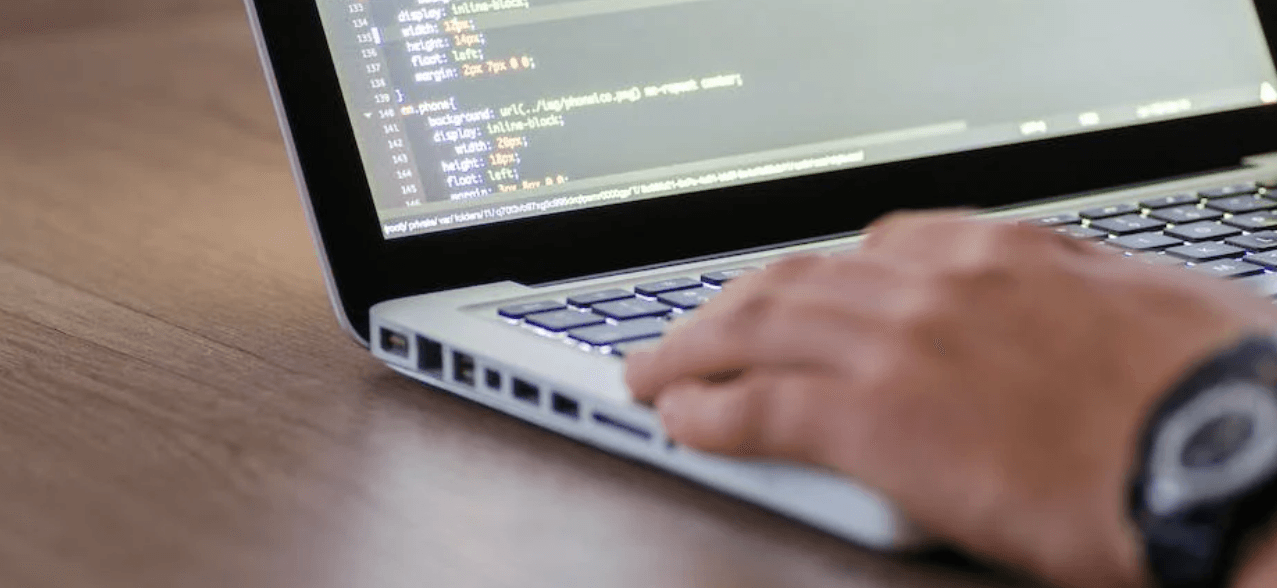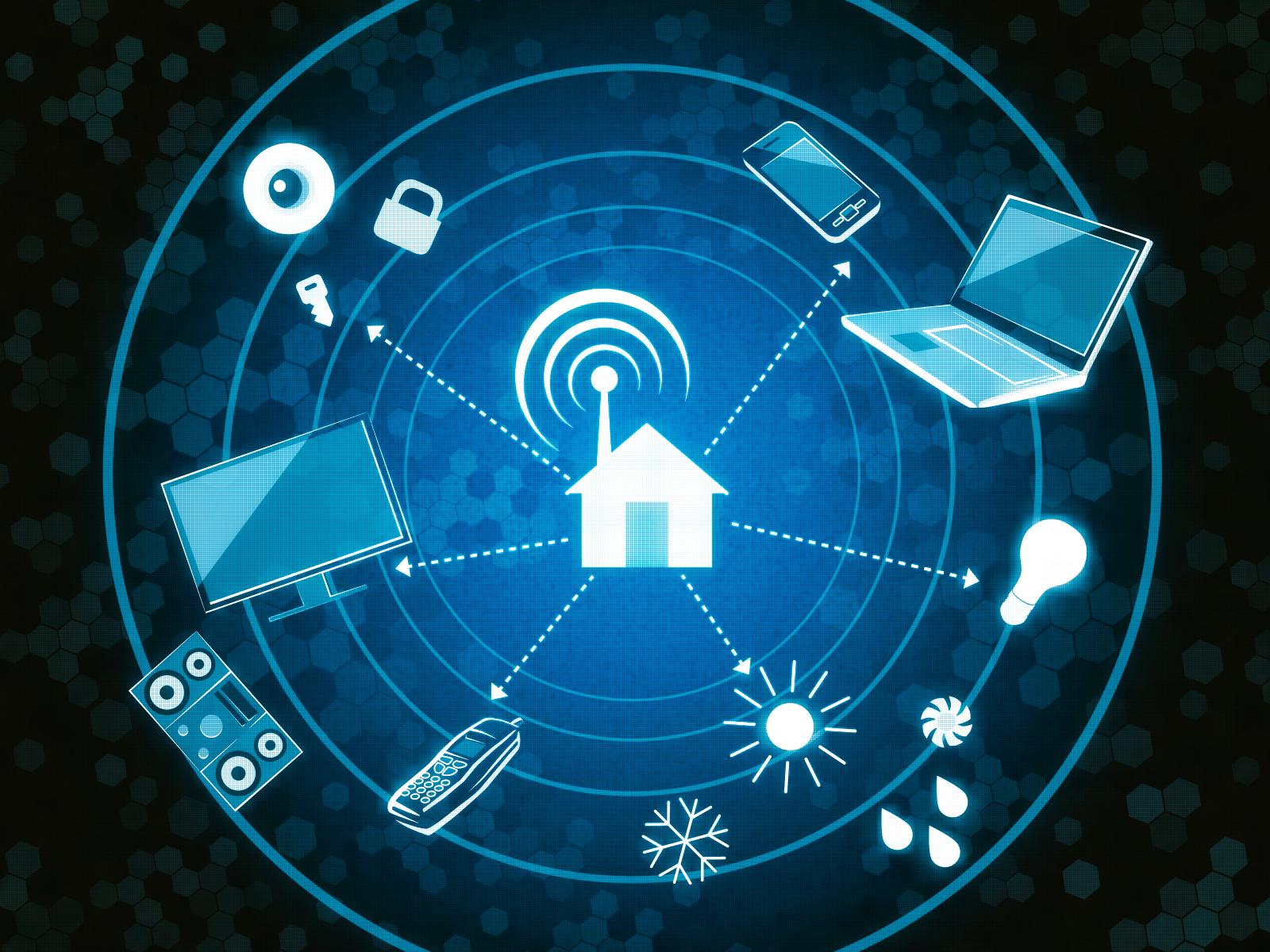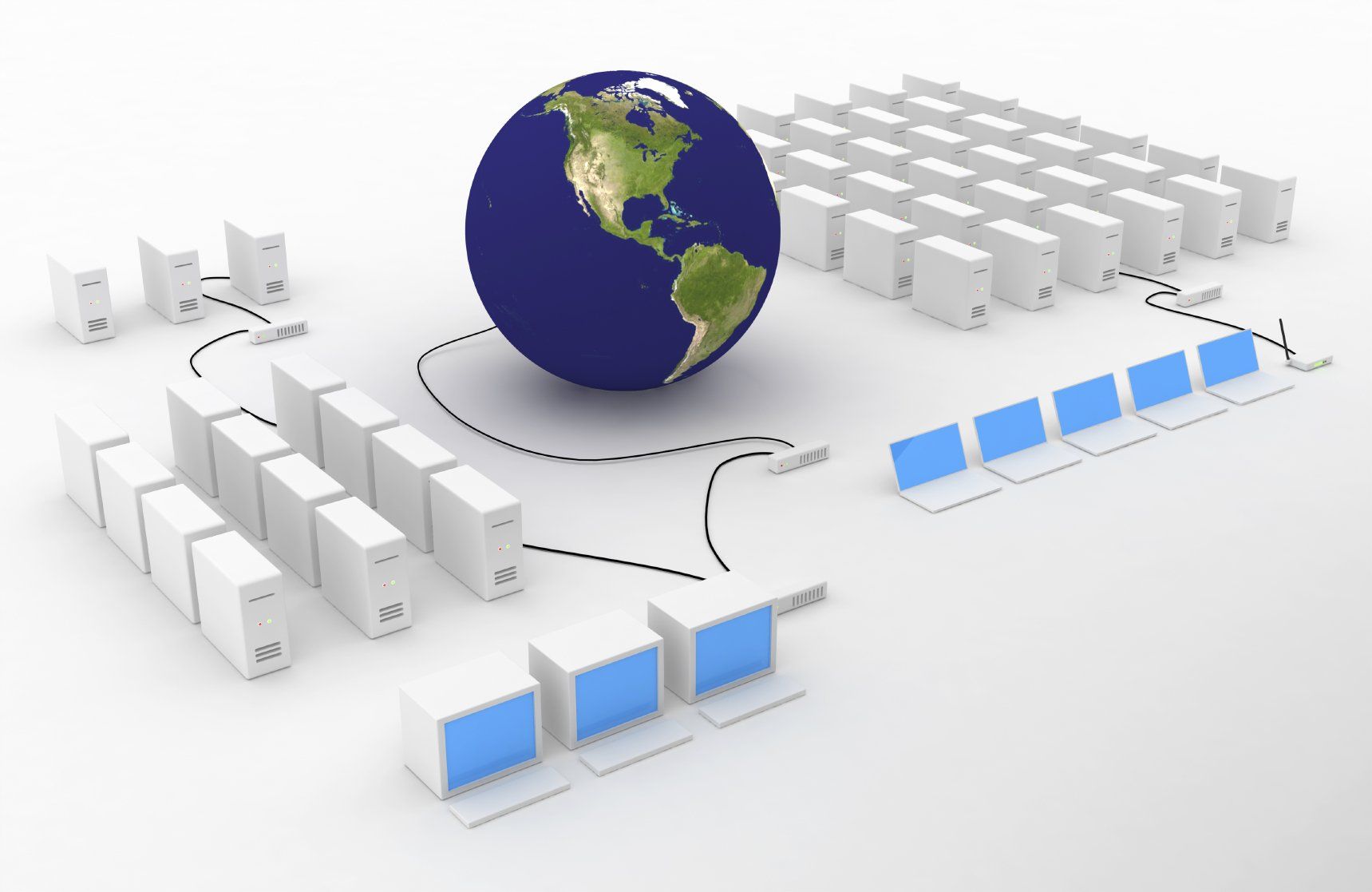Ways to Staying Safe Online
With the explosion of technology, there are ways to connect with anyone anywhere at any time. Depending on how you use social media, this can be both a blessing and a curse.
It is great for people who want to stay in touch and see what others say, but it also opens up opportunities for bad things.
Online bullying is a serious problem that too many people suffer from. Technology makes it easy for bullies to harass and threaten other people constantly. It is very difficult to escape this harassment when you go online.
You can use several strategies to
avoid getting involved in such negative situations while still being able to interact with others.
This article will talk about some ways to remain safe while using social media. You will learn how to protect yourself by staying on top of potential problems before they even occur.

Don’t share your personal information
It is very important to be careful about what you share online. Avoid sharing details of your health, financial situation, political opinions, or any information that may put yourself, your friends, family, or colleagues in danger.
Sharing such info can give others access to important resources for you, or even hurt you if they are not trustworthy.
The same goes for pictures and videos. Never upload content or share links to sites you do not own or have permission to use.
There are many ways to protect your privacy when using social media, you need to know how! For example, you can choose to only make certain accounts private so people cannot see you as an individual.
This will help prevent other users from interacting with you and potentially giving away more sensitive info. You can also manage which apps log in to your account and create passwords that you change frequently.

Know your friends’ friends
With all of the technology we have access to today, people can connect with anyone anywhere at any time. This seems like a good thing but can also be a bad thing for you as an individual and society.
With every new connection, individuals add more data about themselves to large databases that can later be analyzed. These datasets are used to determine who someone is beyond just their name and address- they include information such as age, gender, income levels, and religion.
This info helps professionals identify potential risk factors in someone’s life and prevent them from being allowed to purchase something or go somewhere. It also helps track criminals and keeps everyone safe by analyzing past behavior.
However, this growing data collection goes far beyond what most people consider appropriate. Companies and governments have been collecting our personal information for years now, and it keeps piling up faster than ever!
It’s important to remember that when you use internet services, other parties are always involved. People who work for these companies may not actively mean anything wrong, but they could still hurt you in the future.
It’s your responsibility to ensure that you know everyone behind the curtains and don’t trust anyone without solid proof.

Keep your software up to date
Knowing what applications you use and how they are monitored for malicious activity is important. Ensure you have the latest bug fixes, security patches, and features.
You can check if your application has been hacked by using one of many free online tools that test for common vulnerabilities. For example, you could search for “check my website” in Google and then add the name of your favorite site or site to see if there are any issues.
Online safety is a constant process that requires dedicated maintenance. Luckily, you don't need special training to do this! Simply staying up-to-date will keep most of us safe.
We're probably more exposed to potential cybercrime outside of our computers than within. Between our phones, tablets, laptops, and other devices, we expose ourselves to potentially harmful content and information more often than not.
So instead of just thinking about computer security as something that applies only to you, think about it as something that applies to everyone — including yourself.
Staying safe online isn't just about having adequate computer skills either – it's also about limiting your exposure to things that may pose a threat.






